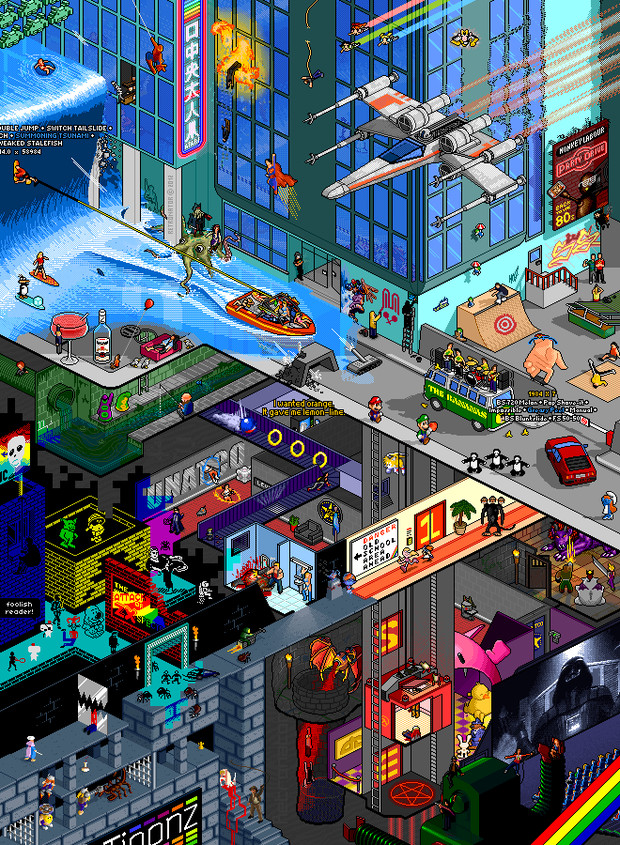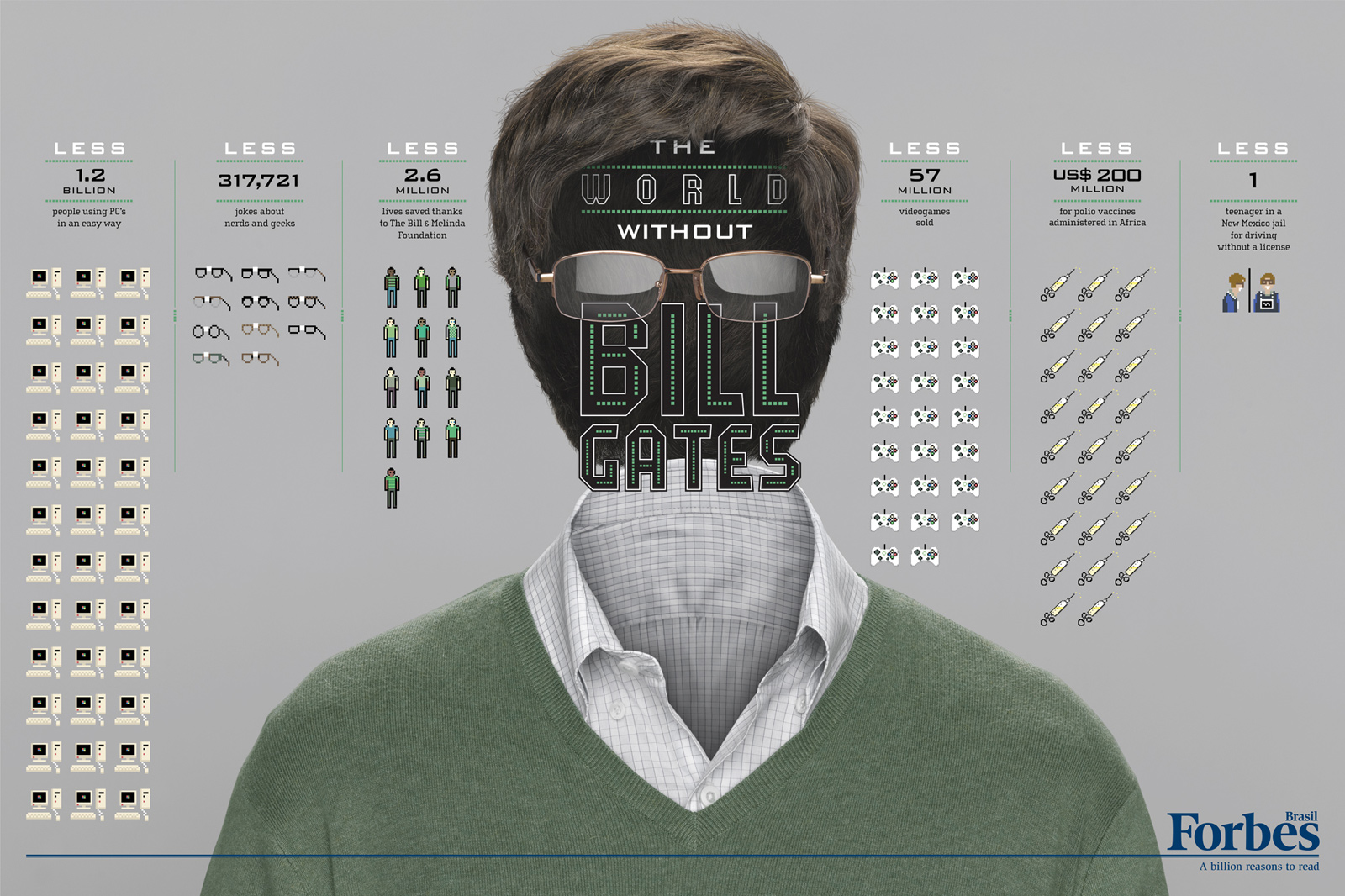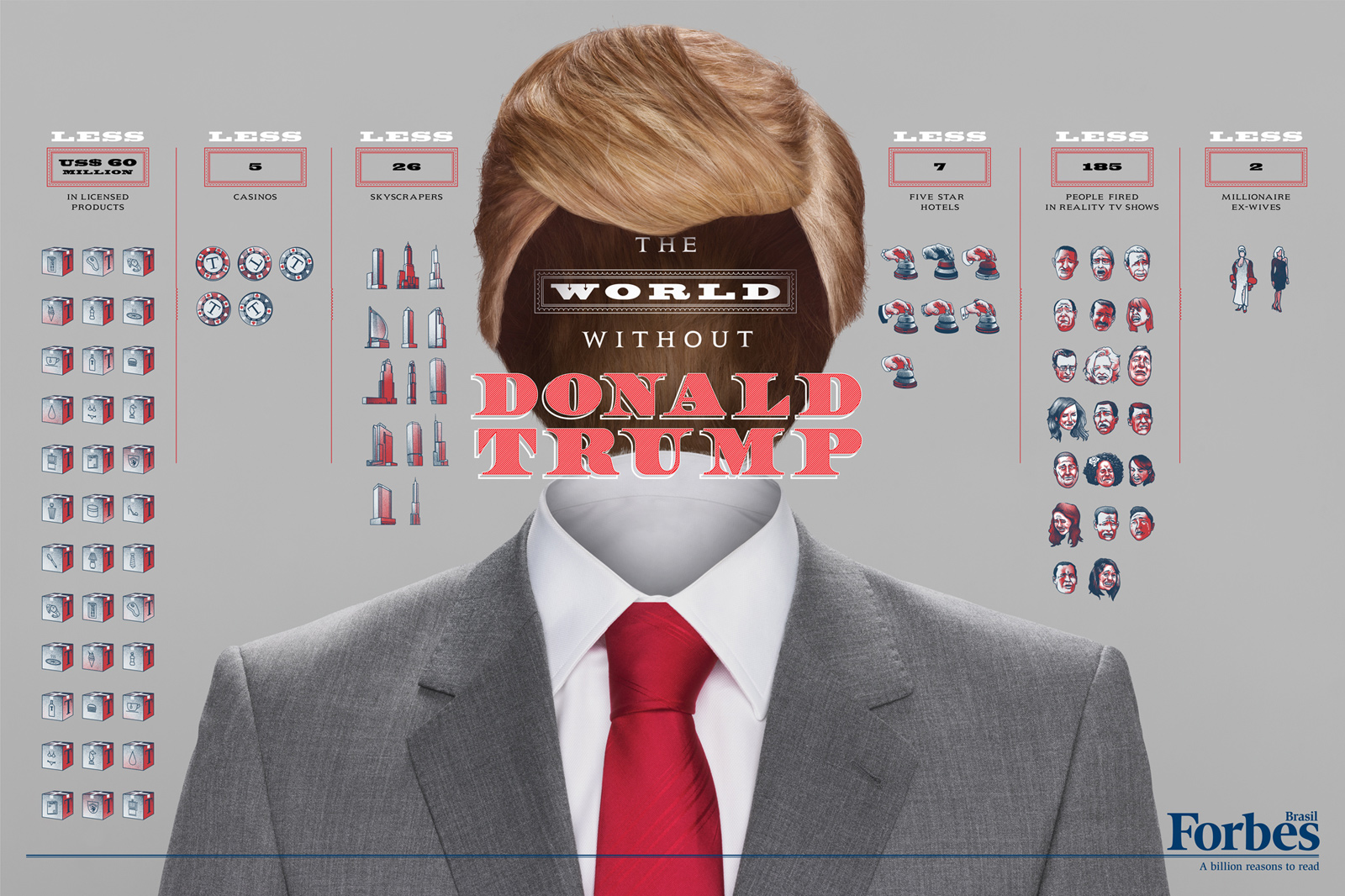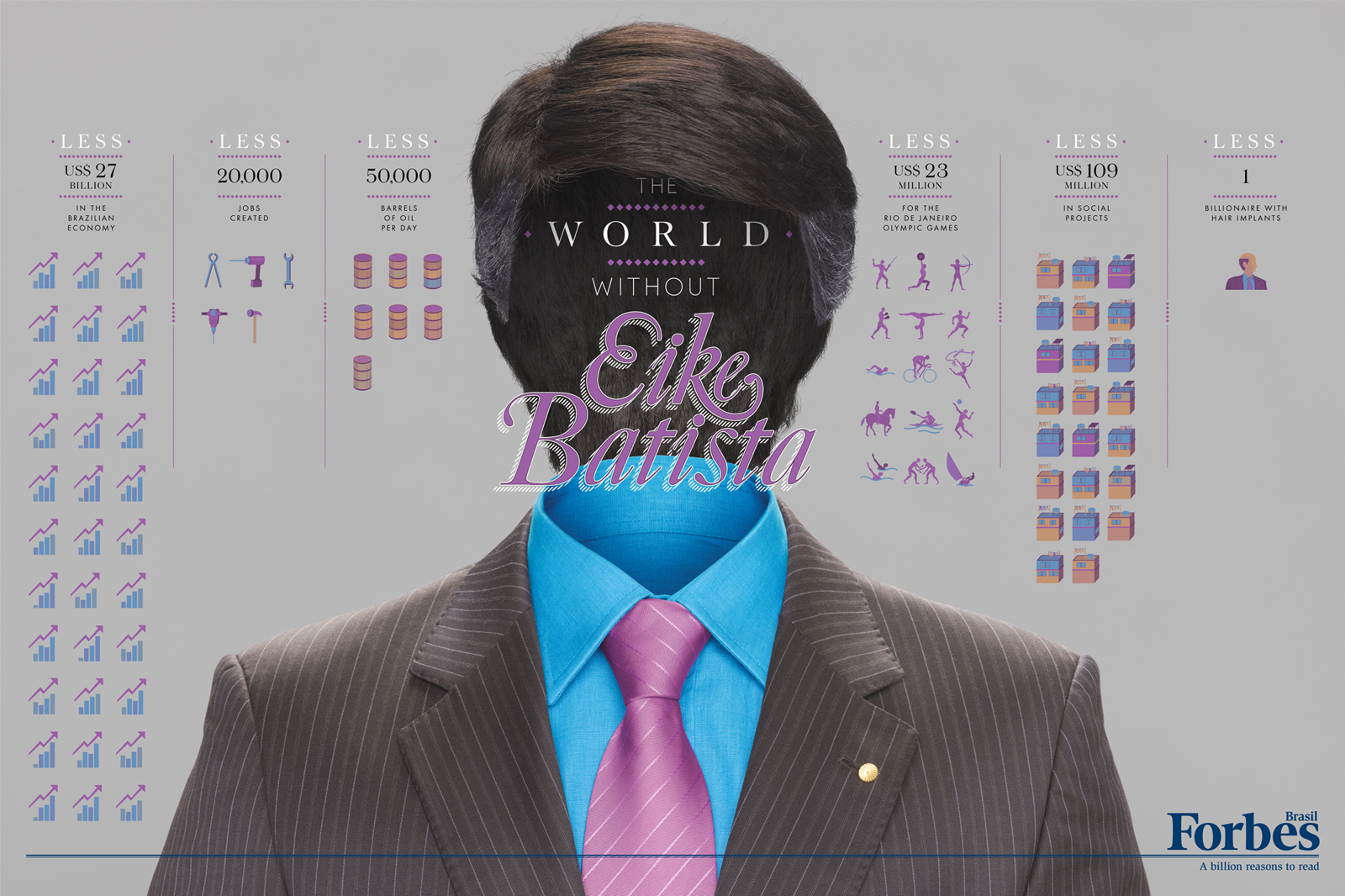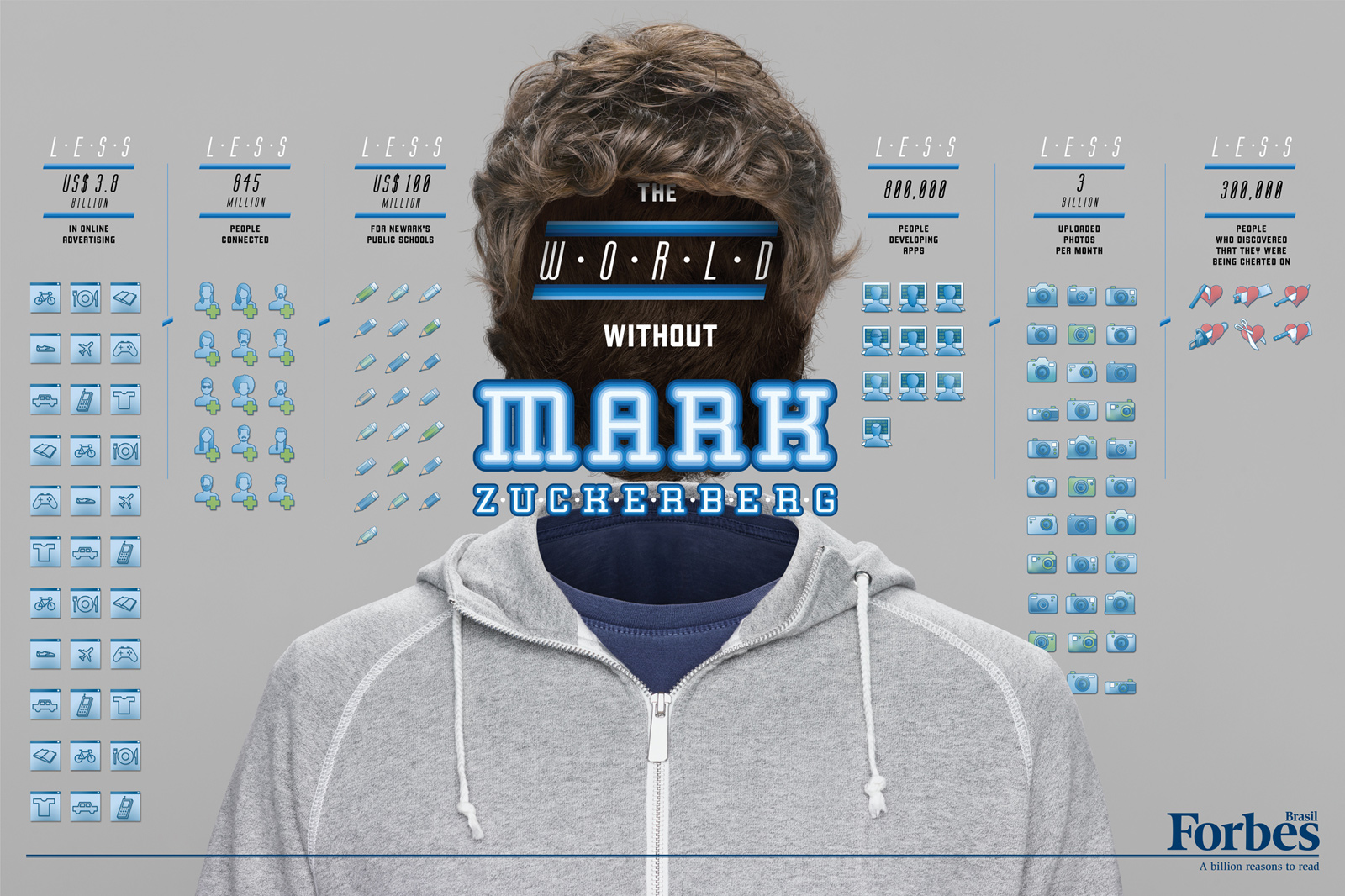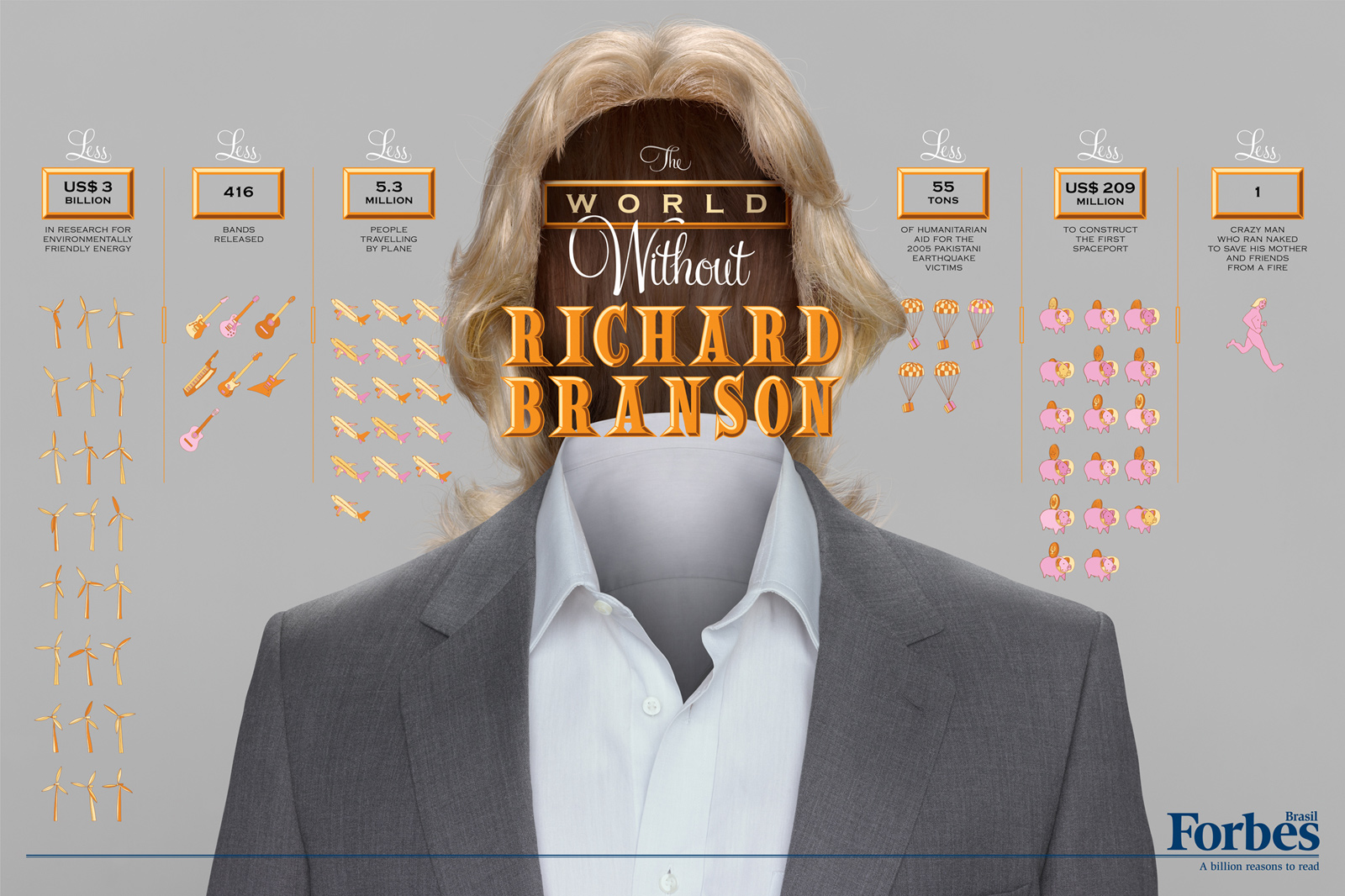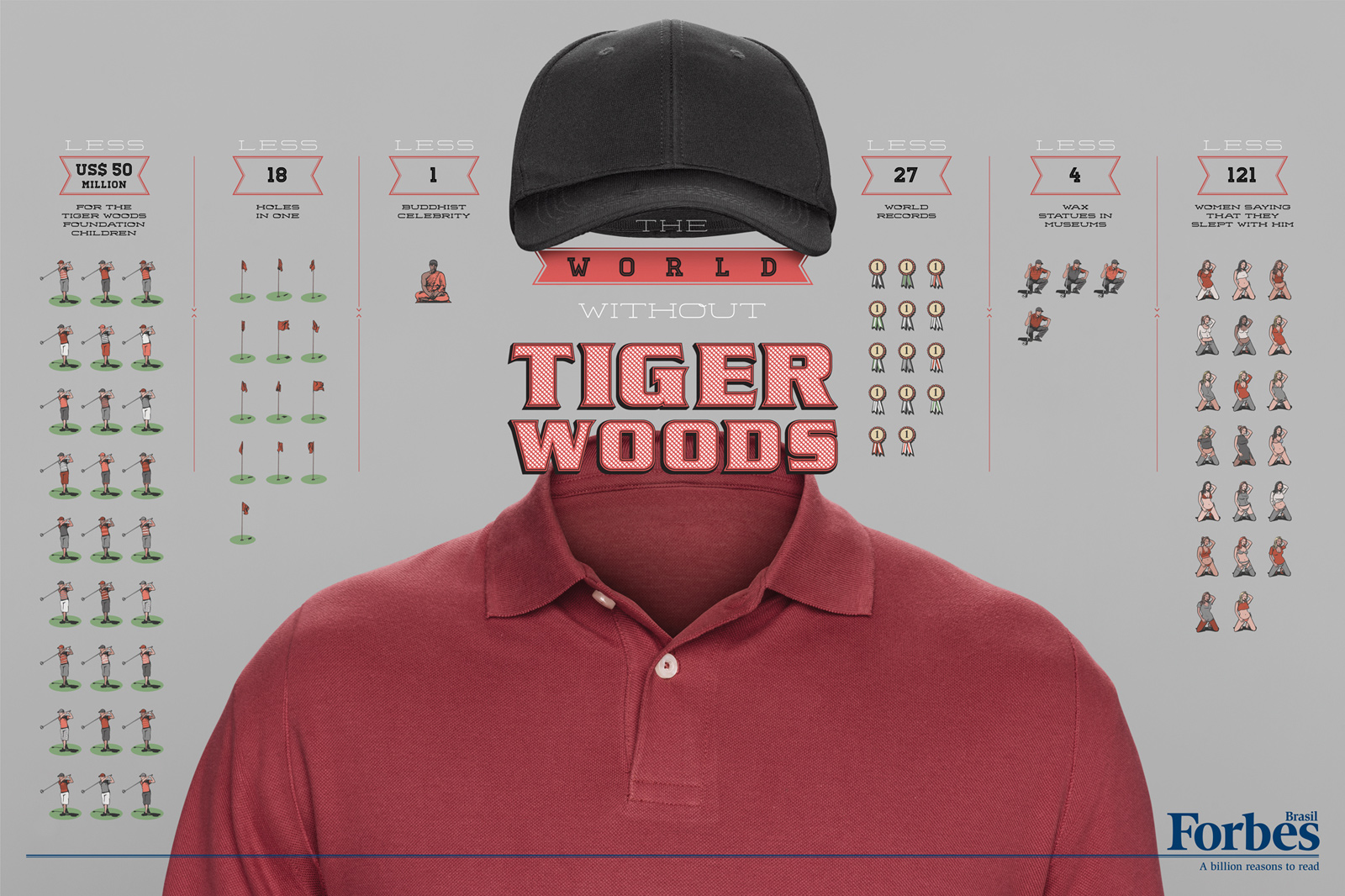The Zynga platform started out with around 1.7 million MAU and 130,000 DAU when it launched over beta. In the first week after that MAU grew 11 percent to 1.9 million while DAU went up 38 percent to 180,000 and by the end of the month, Zynga.com was at 2.2 million MAU and 230,000; now at the beginning of April, it’s up to 2.8 million MAU and 420,000 DAU.
The growth of the traffic has all been organic and advertising on the platform will be turned on during this quarter on elements like the Sidebar. “The rest of the module changes depending on where the user is on Zynga.com,” wrote AJ Glasser. “On the homepage or profile page, users see a list of zFriends sorted into those currently online and those that have played Zynga games recently. This part of the module can be toggled to show a list of suggested zFriends — some of which are not on friends with the user on Facebook. In games, the user might see a horizontal list of users that have recently helped them in-game (with links to those users’ profiles) or a live feed of activity from other players of that game. The live feed can be sorted by everyone playing that game at the time or only zFriends that have played the game. The sidebar is also a place where we’ve seen Zynga serve ads via Google AdSense, but this has only occurred when viewing the sidebar in a game that doesn’t make use of the live feed.”
Zynga’s live feed posts in-game requests made by both zFriends and strangers, allowing you to find new friends that will help you more easily. “This is where Zynga.com has seen the most change in the last two months,” wrote Glasser. “At first, when there were fewer users on the platform, the live feed functioned much like the real time Ticker updates on Facebook. Users would click on a game story and receive the rewards attached to that story while also sending the poster the item they’d requested. As has always been the case with Zynga games, each story generated from a request only has a certain number of rewards attached to it — and once they’ve all been distributed, a player can no longer click on that story to receive or send items.”
“As it turns out, supply exceeded demand — more often than not, people were clicking on live feed stories and receiving a message that all the rewards had already been claimed,” he added. “Manuel Bronstein and Reed Shaffner, Zynga.com’s general manager and lead product manager, tell us that the average user clicks on stories in the live feed 200 times per session (they declined to give session lengths — but assuming Zynga.com sessions are comparable to Facebook’s five to 20 minute range, that’s a lot).”
Zynga.com also has a user profile that displays the most-played games, recent games activity, zFriends on the platform and the number of friends the user has helped for the week. “Interestingly, the profile pictures displayed in this module indicate whether a friend is playing games on Zynga.com or on Facebook as all games on Zynga.com are synchronous with Facebook canvas. Facebook friends have a Facebook icon on the bottom of their profile picture while Zynga.com friends do not. Both players will receive an icon in the upper part of their profile picture indicating which platform game they’ve played most recently (no game icon seems to mean that user hasn’t played a Zynga game). Nowhere else on the site does Zynga.com differentiate between platform and Facebook players,” notes Glasser. “Lastly, the profile page is another venue where Zynga has explored serving display ads. So far, we’ve only encountered banner ads for furniture boutique One King’s Lane (which incidentally was co-founded by Alison Pincus, Zynga CEO Mark Pincus’s wife) on our profile page. These appear farther down the page beside the recent games activity feed, often requiring a user to scroll in order to see the entire ad.”
There’s potential in Zynga.com in the way it’s consistent and with Facebook the canvas. “The other thing that seems to be working is the synchronous nature of the platform,” said Glasser. “The counter that appears below Zynga’s logo on the lefthand side of the screen counts the number of users active on the platform concurrently — and refreshes every 60 seconds. That number has gone as high as 1.8 million during our own sessions; Zynga declined to give a specific number. The high demand for items out of the live feed also serves as proof of concept, even if there are some complications in managing demand.”
As far as pitfalls for the platform, “Synchronicity will also be an ongoing challenge for Zynga to manage on its platform, as it comes from an asynchronous background on Facebook and may not be prepared to manage demand across a broad range of systems,” wrote Glasser. “There may be some issues in getting Facebook users to convert to Zynga.com players, on account of users having to approve a new set of permissions in order to use Zynga.com. The way the dialogue appears (see below) may also make less-informed users wary, as they may be confused by giving a company access to their data, versus a specific game.”
“What could really hinder Zynga.com’s growth down the line is discoverability. Facebook itself and many other games networks have struggled with the best way to help users find games, and no one solution has proved perfect. Bronstein says the platform team will consider everything from friend-recommended games and other types of social discovery to ratings systems or other means of sorting. Currently, with just five games on Zynga.com, it’s not a problem the developer has had much time to experiment with solving,” concludes Glasser.
Source: Inside Social Games



